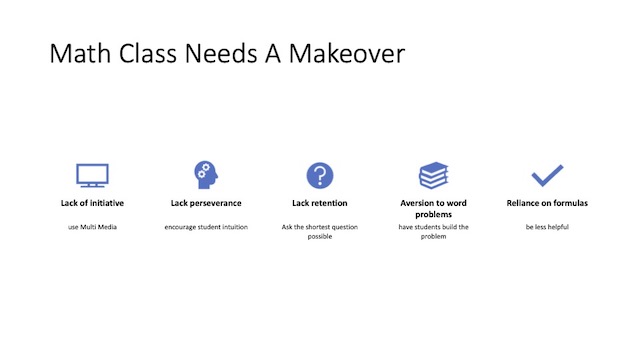Like many teachers I think I have several miss understandings when discussing large scale assessments (LSAs), we are given minimal training on them and how they are developed unless we seek the knowledge ourselves and are also given very minimal training on how to administer them and interpret the results. If we are even given the results at all.
I appreciate the fact that test developers are supposed to share the steps they took for developing the assessment and document their process. I was disappointed to find that this information was not easily accessible on the ministry of education website for our provincial Foundation Skills Assessment that is completed by grade 4 and 7students here in BC. The idea that as teachers we could learn how the assessment was developed and see how it was intended to link with the curriculum was eye opening particularly because I feel like the math portion of the FSA is not easily connected to the curriculum.
One of the things that stood out to me was reading that good test development takes into consideration a range of student abilities from basic understanding to those extending beyond grade level expectations. “Learning progressions also span grade levels, as does the need to develop vertical score scales and report scores that allow for examining student growth across those grade,” (Lane, Raymond, Haladyna, & Downing, 2015) with the expectation that students will all fall somewhere in the progression and that there should be questions for each level of understanding. This reminded me of the Depth of Knowledge framework and is something I will need to be highly aware of when creating a number sense assessment as a capstone project.
“Test developers are responsible for designing tests and items that are accessible to all test takers, using principles such as universal design,” (Lane, Raymond, Haladyna, & Downing, 2015) again this stood out to me as I often see a lack of UDL when my students complete their FSA assessments as well as in our current reading assessment kit. Both presume a significant body of background knowledge that might not be culturally relevant to a student or their experiences for example assuming a refugee student has visited a mountain to go skiing or snowshoeing when the student has never seen snow before. One of the things that I noticed was the preference towards selected response (multiple choice) or matching type questions for LSAs because they are quick to assess and score and are objective.
References
Lane, S. R. (2015). Test development process. In S. M. S. Lane, Handbook of test development (pp. 3-18). Routledge.



